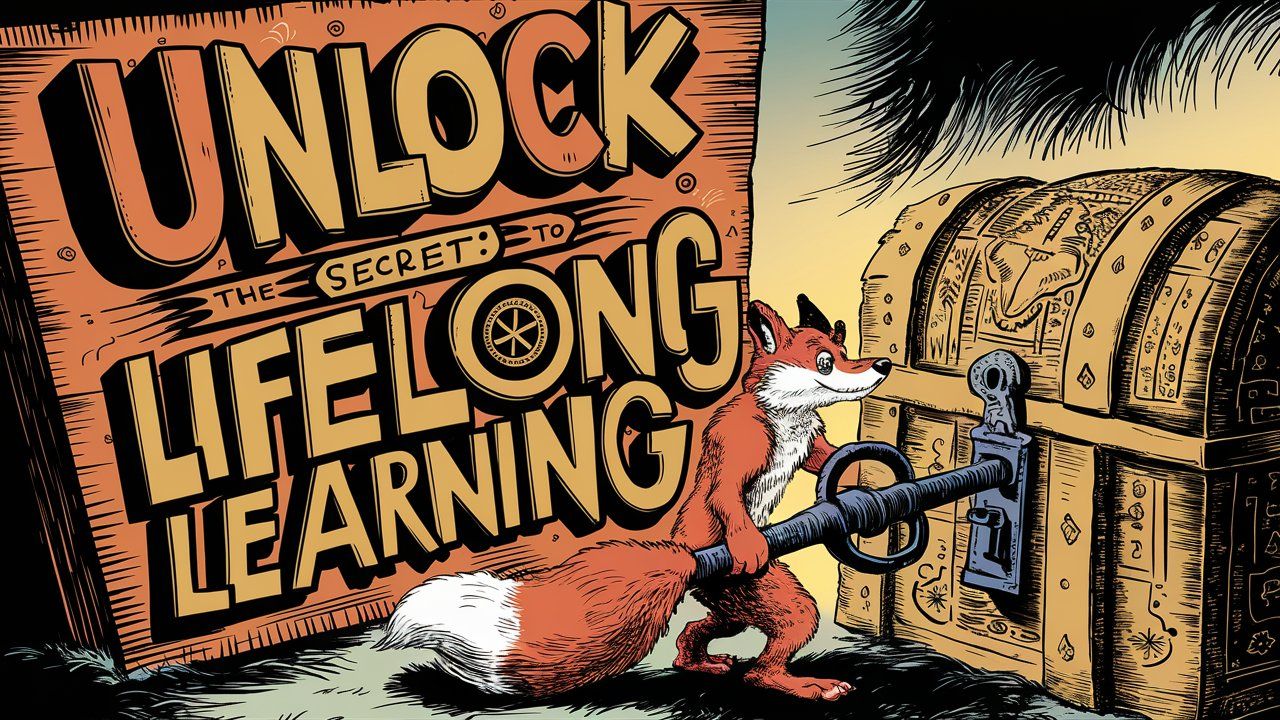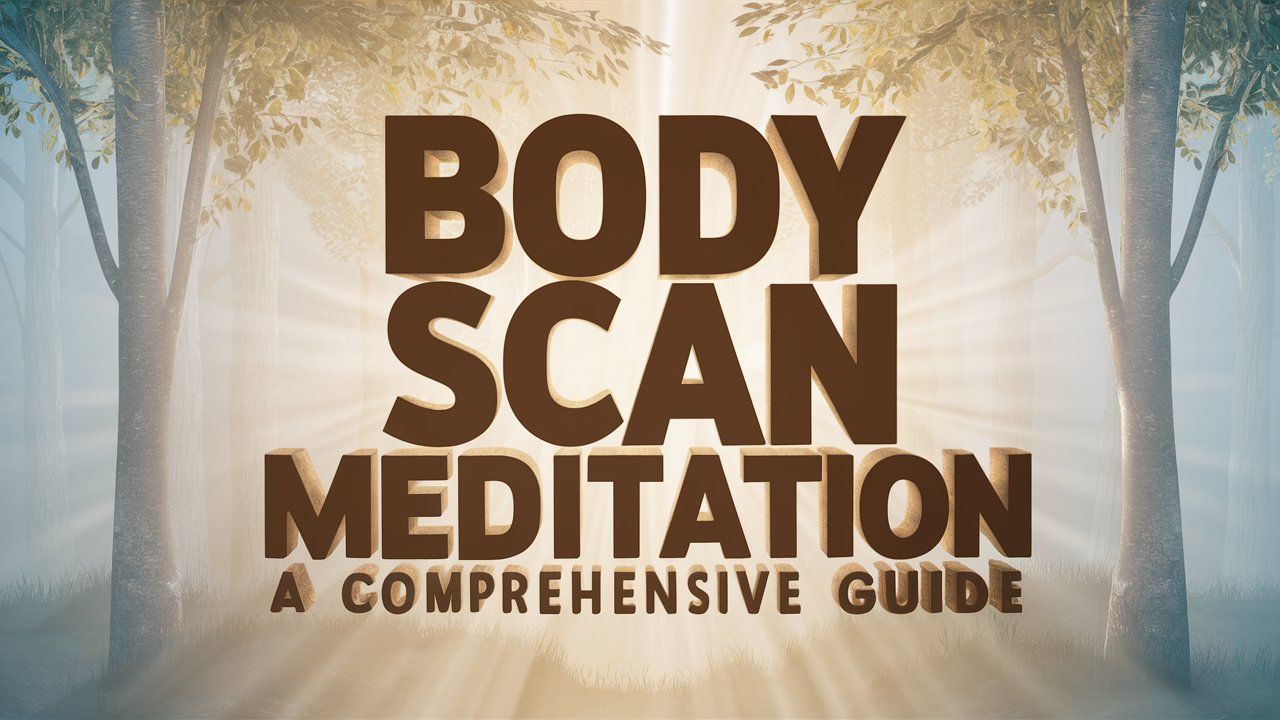 George O’Leary’s lies cost him the Notre Dame coach’s job in 2001 and lying about his résumé cost Yahoo CEO, Scott Thompson his job.
George O’Leary’s lies cost him the Notre Dame coach’s job in 2001 and lying about his résumé cost Yahoo CEO, Scott Thompson his job.
Yet how common is lying?
Truth One
- How often do most of us lie? About every 10 minutes. Not you, of course, which may be a lie. Most of us lie to grease the wheels of social compatibility, or so we tell ourselves.
- Social psychologist Robert Feldman believes, “It’s tied in with self-esteem.”
Truth Two
- Knowing when to say something and not be completely blunt is in fact a social skill,” Feldman said. “We don’t want to hear hurtful things, so a person who is totally honest may not be as popular as someone who lies. This is not to say lying is a good thing, but it is the way the social world operates.
- More bizarrely people who lie tend to be more popular.
Truth Three
- Lying is so common that people often don’t realize they’re doing it.”
- “Deception is rampant” Allison Kornet, noted in a Psychology Today article that explored lying by people in the public eye, including politicians like Newt Gingrich, the young monk who falsely accused Cardinal Bernardin of molestation and “Joe Klein, the Newsweek columnist who adamantly swore for months that he had nothing to do with his anonymously-published novel Primary Colors.”
Truth Four
- “Both men and women lie in approximately a fifth of their social exchanges lasting 10 or more minutes; over the course of a week they deceive about 30 percent of those with whom they interact one-on-one.”
Truth Five
- Guess who lies more convincingly. Boys or girls?
Truths Six to Nine
Social psychologist, Bella DePaulo and fellow researchers found that:
- Lying is more common in phone calls than in face-to-face chats. Relatedly we are more candid when texting than when we say things aloud.
- One lie in seven was discovered–as far as the liars could tell.
- A tenth of the lies were merely exaggerations, while 60 percent were outright deceptions.
- More than 70 percent of liars would tell their lies again.
Truth Ten
- Ironically, those who see themselves as emotionally intelligent tend to be poor at spotting liars.
Admit it: You’ve lied.

You told a friend that his shirt looked stylish when you actually thought it was tacky and garish. Or maybe you said to your boss that her presentations were fascinating when in fact they were insipidly mindless. Or perhaps you told your landlord that the rent check was in the mail.
Don’t feel bad. You’re in good, dishonest company. A growing body of research shows that people lie constantly, that deception is pervasive in everyday life. One study found that people tell two to three lies every 10 minutes, and even conservative estimates show that we lie at least once a day. Such incessant prevarication might be a necessary social evil, and researchers have recently discovered that some fibbing might actually be good for you. “We use lies to grease the wheels of social discourse,” says University of Massachusetts psychologist Robert Feldman. “It’s socially useful to tell lies.”
 Researchers have been studying deception for decades, trying to figure out why we tell lies. It turns out that we spin facts and make up fictions for all sorts of reasons. We might want to gain a raise or a reward, for example, or to protect friends or a lover. Our capacity for deceit appears nearly endless, from embroidering stories to wearing fake eyelashes to asking “How are you?” when we don’t actually care. We even lie to ourselves about how much food we eat and how often we visit the gym.
Researchers have been studying deception for decades, trying to figure out why we tell lies. It turns out that we spin facts and make up fictions for all sorts of reasons. We might want to gain a raise or a reward, for example, or to protect friends or a lover. Our capacity for deceit appears nearly endless, from embroidering stories to wearing fake eyelashes to asking “How are you?” when we don’t actually care. We even lie to ourselves about how much food we eat and how often we visit the gym.
Small embellishments can have positive psychological effects, experts say. In a study released last year, researchers found that college students who exaggerated their GPA in interviews later showed improvement in their grades. Their fiction, in other words, became self-fulfilling. “Exaggerators tend to be more confident and have higher goals for achievement,” explains Richard Gramzow, a psychologist at the University of Southampton in England and one of the study’s coauthors. “Positive biases about the self can be beneficial.”

People who deceive themselves also tend to be happier than people who do not, some research suggests. There are social payoffs, too: Studies have shown that people who lie frequently are viewed as friendlier and more amiable than their more truthful counterparts. Still, lying is generally regarded as immoral and distasteful. “No one likes being lied to,” says former FBI agent and lying expert Joe Navarro. “We feel betrayed. When is it that they are telling the truth?” And people do really want to know the truth. A new Fox drama, Lie to Me, which features a steely British deception expert, has become one of the most popular shows on television.

Lying begins early. By the age of 3, most children know how to fib, and by 6, most lie a few times a day. Experts believe that children learn to lie by observing their parents do it—that they become practiced in the art of deception by imitating Mom and Dad.
Parents sometimes explicitly encourage children to tell lies. Grandma Suzy will send some ugly wool socks or an itchy sweater, and parents will ask their son or daughter to say the item is lovely. As one study concluded, children “may learn to lie in the same way as they learn to speak.”
Many experts don’t see much difference between a little lie (telling Grandma you loved the ugly socks) and a big lie (covering up an extramarital affair). “Anything that is not accurate is a lie. You can argue that a lie done to make someone else feel better is relatively minor. But they have an effect. The bottom line is that a lie is a lie,” says Feldman. “That’s the great paradox here. I do believe the more lies, the more degradation. But you can’t stop lies entirely. Society would grind to a halt.”


People act differently when they’re gilding a story and when they’re telling a massive whopper. When people tell a bold and blatant lie, they typically become tense and fidgety. Their heart rate speeds up. Their body temperature increases. But when telling white, or social, lies, they usually don’t feel any anxiety at all. In fact, electrodes attached to the bodies of students in Gramzow’s study revealed that the students who exaggerated their GPAs showed less nervous-system activity than students who were honest about their marks. “In certain situations it probably takes less thinking to tell the expected polite lie than the more difficult truth,”


